Are you more of a coffee or tea person? Both have amazing natural benefits but coffee often gets a bad rap, while tea has the reputation of being healthier. But is tea really better for you?
No matter where your allegiance lies, it’s easy to find plenty of reasons why your drink of choice is the best option for your health. Every day seems to bring more articles and reports about the benefits of coffee and tea.
Is there one clear winner for a healthier Paleo lifestyle? Let’s get to the bottom of this.
This coffee cookbook is filled with healthy recipes and reveals the natural benefits of your morning brew.
Click here to get your FREE Coffee Book Today!
Why People Think Tea Is the Healthier Choice
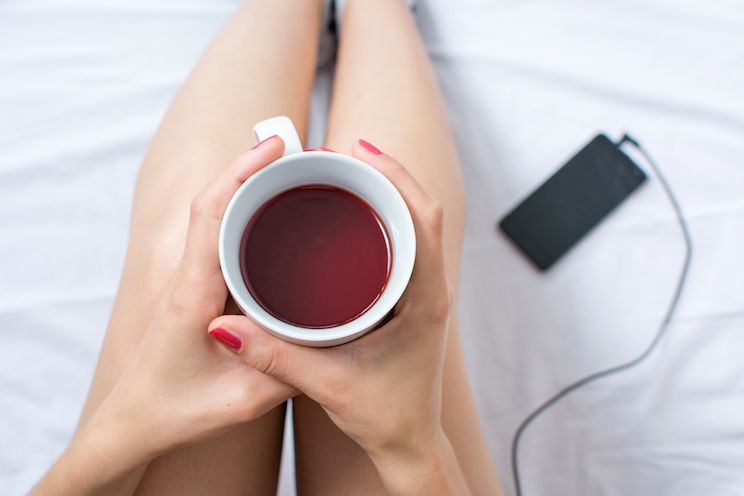
Coffee’s reputation is messier. It reminds me of how many nutritionists turned against eggs, only to change their mind later on. One decade, coffee’s “bad.” The next, it’s “good.”
So it’s understandable if you have the impression that tea is a lot healthier than a little java. But, as you’ll see in just a second, this health showdown turns out a lot closer than many would expect. Coffee might be the underdog, but its potential to improve your health has been underestimated.
You’ve probably heard a ton of different reasons why you should drink coffee, tea, or both. Sifting through all the information and studies can get overwhelming in a hurry.
That’s why it’s easiest to break down different aspects of these drinks and how they affect your health. We’ll compare one factor at a time so you can get a better idea of how they stack up.
Tea vs Coffee: Taste
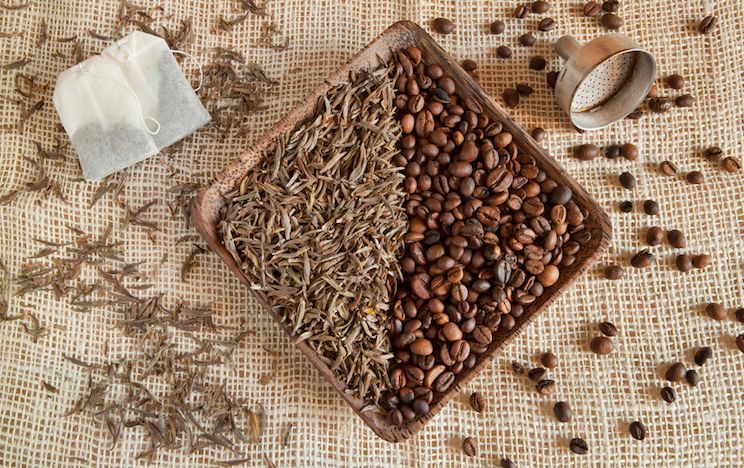
Coffee comes from different regions around the world, of course, but most of it is strong and somewhat bitter. Coffee is more acidic than tea. That means it can be hard on some people’s stomachs, potentially causing issues like heartburn, acid reflux, or other GERD symptoms. (1) [tweet_quote]Green teas have the highest amount of antioxidants. Herbal teas have a much lower nutritional profile![/tweet_quote]
There are endless varieties of tea, but many come from the same evergreen plant, Camellia sinensis. The end product is different, depending on the extent to which the tea leaves were processed. Green teas are the least processed variety, so they contain the highest amounts of the antioxidants discussed below. But any variety of tea leaves that comes from the Camellia sinensis plant – green, white, black, oolong, etc. – offers a nice antioxidant punch.
Herbal teas actually aren’t made from real tea leaves, but roots and other plants. Drink them if you like the taste (be sure to check the packaging to confirm there aren’t any artificial sweeteners). But don’t expect to get the same nutritional value as you would from tea leaves.
Whatever beverage you choose, make sure you like the taste enough to avoid adding a bunch of unhealthy sugars and sweeteners. Drink your coffee black if you can stand it, or try adding a bit of milk (coconut or almond) and cinnamon. Check out this post for more cool ways to make your coffee healthier. Unsweetened teas are best.
Tea vs Coffee: Caffeine Content
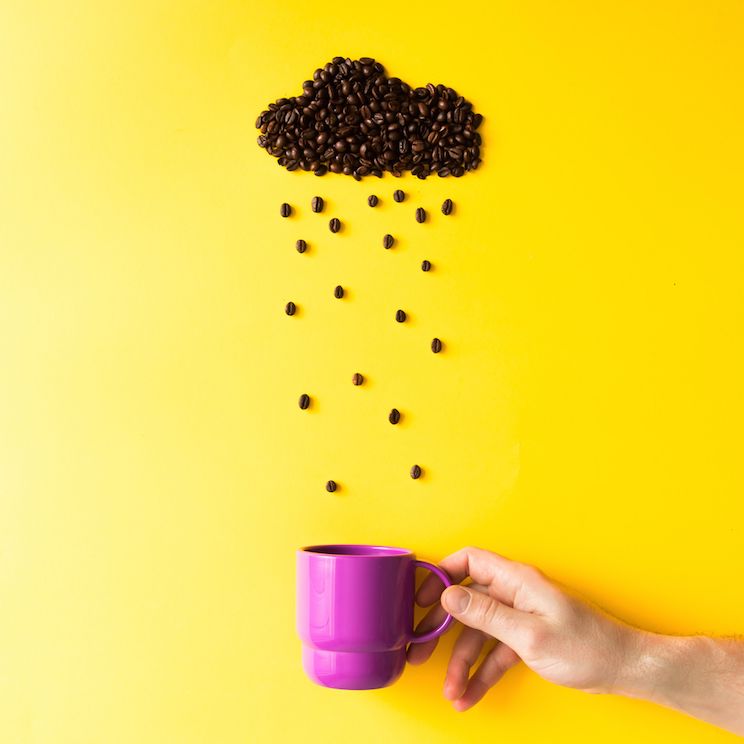
Coffees typically have a lot more caffeine than teas. When you think of a caffeine addict, you probably don’t think of someone screaming because they ran out of green tea. You think of the crazy guy at Starbucks, fidgeting impatiently in the line until he gets the chance to call out, “triple shot espresso!” [tweet_quote]Black teas have more caffeine than green teas. And coffee might have over twice that amount![/tweet_quote]
The typical cup (eight ounces) of brewed coffee contains around 100 milligrams of caffeine. Teas usually range between 15 and 70 milligrams for the same amount. (3) Black teas typically have more caffeine than green teas and other varieties.
A moderate amount of caffeine every day is fine for most people. In 2015, the Dietary Guidelines for Americans report set a guideline of around 400 milligrams a day. (4) Just be careful if you find yourself having a hard time getting to sleep at night, or if you start using your coffee or tea as a crutch to make up for a lack of sleep.
Tea vs Coffee: Which Gives the Better Energy Boost?

How?
Coffee is great for that quick jolt of energy, making it extremely popular first thing in the morning. You feel the effects almost instantly, as the caffeine is quickly absorbed into your system. Tea, on the other hand, offers more of a “slow burn” sustained energy boost. You already know it has less caffeine than coffee, so the effect on your body is less dramatic.
Tea also contains an amino acid called L-theanine. L-theanine actually lowers the absorption speed of caffeine into your body. L-theanine is also able to cross the blood-brain barrier and stimulate the neurotransmitter GABA, which has anti-anxiety effects. (5) You end up in an alert but relaxed state. The combination of caffeine and L-theanine can even improve brain function. (6)
You can let your current situation be your guide. Need a quick boost to stay awake on an overnight drive? Try coffee. Want to study for a few hours and stay alert but relaxed? Tea’s the perfect choice.
Tea vs Coffee: Sleep Quality

Caffeine affects your body longer than you might think: a half-life between three and seven hours is the norm. (7) You might not feel buzzed anymore, but that doesn’t mean your body still isn’t absorbing caffeine.
Grabbing that extra tea or coffee in the afternoon is tempting. Just be careful. Cutting yourself off at least six or seven hours before your bedtime is a good call.
It’s a bit easier to overdo it with coffee because each cup has more caffeine than the same amount of tea. Researchers at the University of Surrey found that tea drinkers tended to have an easier time falling asleep than coffee drinkers. (8) But there shouldn’t be an issue for you as long as you give your body enough time to process all the caffeine before you wind down – no matter what you drink.
Tea vs Coffee: Physical Benefits
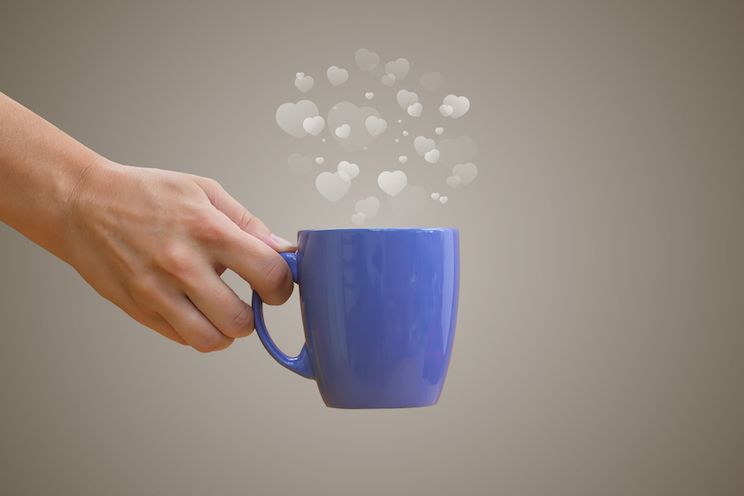
With that said, here’s a rundown of some of the most impressive ways coffee and tea affect your physical health:
Coffee
- Contains key nutrients. You might think of coffee as just pure caffeine, but coffee beans also contain plenty of nutritious goodness. Whenever you drink coffee, you also get key nutrients like potassium, manganese, magnesium, and niacin. (9) This adds up if you’re drinking multiple cups throughout the day!
- Lowers the risk of type 2 diabetes. Scientists aren’t entirely sure why coffee drinkers have a significantly lower risk of becoming diabetic, but the link can’t be denied. A massive meta-analysis of 18 different studies found that each cup of coffee consumed was associated with a seven percent reduction in the likelihood of developing diabetes. (10)
- Protects the liver. Too much alcohol, or diseases like hepatitis and others, can lead to cirrhosis, where the liver gets mostly replaced by scar tissue. But people who drink coffee regularly have a significantly lower risk of getting cirrhosis. (11)
- Potentially protects against certain cancers. Like tea, coffee is full of antioxidants that protect your cells from oxidative damage (one of the primary drivers of cancer). Numerous studies explored the link between drinking coffee and cancer rates. They found that drinking coffee is especially effective at decreasing your risk for liver and colorectal cancers. (12, 13)
Tea
- Lowers the risk of certain cancers. Green tea is loaded with antioxidants (including flavonoids and catechins), which protect against the oxidative damage that contributes to cancer’s development. (14) Multiple studies noted a decreased likelihood of developing breast cancer, colorectal cancer, and prostate cancer. (15, 16, 17)
- Decreases inflammation. Researchers discovered that the polyphenols in tea leaves, perhaps working together with tea’s other compounds, fight inflammation. (18) That makes tea a great preventive measure because chronic inflammation lies at the root of almost every modern health problem. (19)
- Improves insulin sensitivity. Green tea has also been proven to make the body more responsive to insulin and lower blood sugar levels. (20) This translates into a decreased likelihood of developing type 2 diabetes or other serious metabolic issues.
- Promotes mouth health. The catechins in green tea can actually kill bacteria in your mouth and keep you from getting an infection. Catechins are especially effective at stopping the growth of Streptococcus mutans, which leads to cavities and tooth decay if left unchecked. (21)
- Potentially decreases the risk of heart disease. Studies have found that tea can improve some of the most important risk factors associated with heart disease, including LDL and total cholesterol, as well as triglycerides. (22)
Tea vs Coffee: Mental Benefits

Here are some of the most remarkable ones:
Coffee
- Reduces risk of Alzheimer’s. Unfortunately, scientists haven’t been able to develop a cure for Alzheimer’s, a neurodegenerative disease and the leading cause of dementia. But a healthy Paleo lifestyle, along with some coffee, can help. Multiple studies found that drinking coffee can lower your risk of developing Alzheimer’s significantly. (23, 24)
- Reduces risk of Parkinson’s. Parkinson’s is another devastating neurodegenerative disease without a known cure. Researchers found that coffee drinkers have a significantly lower risk of developing the disease than those who don’t, but only if they drink caffeinated coffee. (25)
- Helps with depression. Numerous studies have linked daily coffee consumption with a significantly lower chance of becoming depressed. (26) Drinking coffee can even save your life; a massive study of over 200,000 people found that those who drank four or more cups daily were almost 55 percent less likely to commit suicide. (27)
Tea
- Potentially protects against neurodegenerative diseases like Alzheimer’s and Parkinson’s. A lot more research needs to be done to better understand these connections, but studies conducted on animals and in test tubes found that the catechin compounds in tea could potentially lower the risk of Alzheimer’s and Parkinson’s. (28, 29)
Should You Just Avoid Both Completely?
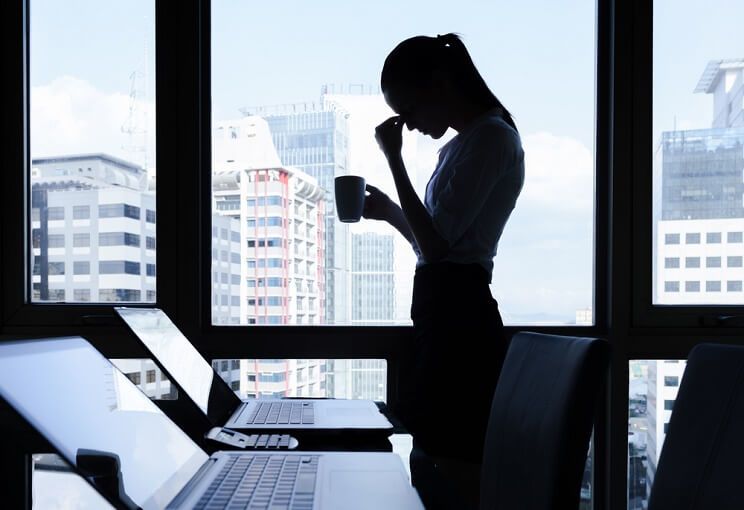
Take a look at this list and see if any of these describes you:
- Adrenal fatigue. If your adrenal glands are overworked from lack of sleep, a poor diet, or constant stress, you’re better off avoiding coffee and tea for now. This happens a lot when people are new to the Paleo lifestyle. Years of unhealthy habits and pushing hard at work take their toll; it might take a year or two for your adrenals to recover. Caffeine is a stimulant – something you want to avoid until your adrenals completely heal.
- Anxiety. Caffeine and anxiety feed on each other. Too much caffeine can make you jittery and even more anxious than before. Then, because worrying so much is exhausting, you find yourself seeking out even more caffeine for a boost. If this sounds like you, consider other ways to relieve your anxiety before introducing caffeine into the mix.
- Don’t like the taste. This one’s simple. If you don’t like how coffee or tea taste, don’t force yourself to drink them! You can get all the nutrients you need from healthy Paleo foods.
- Sensitive to caffeine. No matter how much you love tea or coffee, they aren’t worth it if they interfere with your sleep patterns. Caffeine tolerance exists on a spectrum. So if you’re one of those people who still feel wired at night after a single cup in the morning, you’re best off avoiding it!
If you have any doubts whether coffee or tea is right for you, try a 30-day detox. The caffeine withdrawal can be rough at first. But the time without these drinks in your life will give you a perspective from which to assess them more objectively.
The Bottom Line
If this whole coffee versus tea thing seems a little murky to you, don’t worry!
Bottom line: neither coffee nor tea stands out as a “clear winner” for the healthiest to drink. We’re better off putting this debate to rest and drinking either one, as long as we do so in moderation. [tweet_quote] Coffee and tea can have a place in a healthy Paleo lifestyle. [/tweet_quote]
Those last few words are key: “healthy Paleo lifestyle.” The context matters. Which caffeine source you use matters a lot less than how you use it.
We’ve all met the overweight, sedentary office worker who always has dark circles under their eyes and a giant coffee in hand. That’s when it becomes a problem. When you find yourself using coffee or tea as a crutch just to get through the day – usually to make up for lack of sleep, exercise, and a poor diet – you’re better off avoiding them until you fix your lifestyle.
Now imagine a different scenario, one where someone eats Paleo, makes time for sleep and exercise, and just likes to have a few coffees or teas throughout the day. That’s what you want to aim for.
Finally, there’s no reason to force yourself to drink tea or coffee if you’re sensitive to caffeine or don’t like the taste. As great as those antioxidants are, you can get plenty of them from eating delicious Paleo vegetables.
Coffee versus tea is a lot like politics. It’s easy to get so attached to your party of your choice that you overlook some important issues.
By all means, keep drinking coffee, tea, or both if you want. But the most important thing is to consider how you’re using them. Moderate daily consumption, in the context of a healthy Paleo lifestyle, is safe and even provides some cool health benefits.
Do you prefer coffee or tea? Have you struggled with caffeine addiction in the past? Leave a comment below and share your experience!
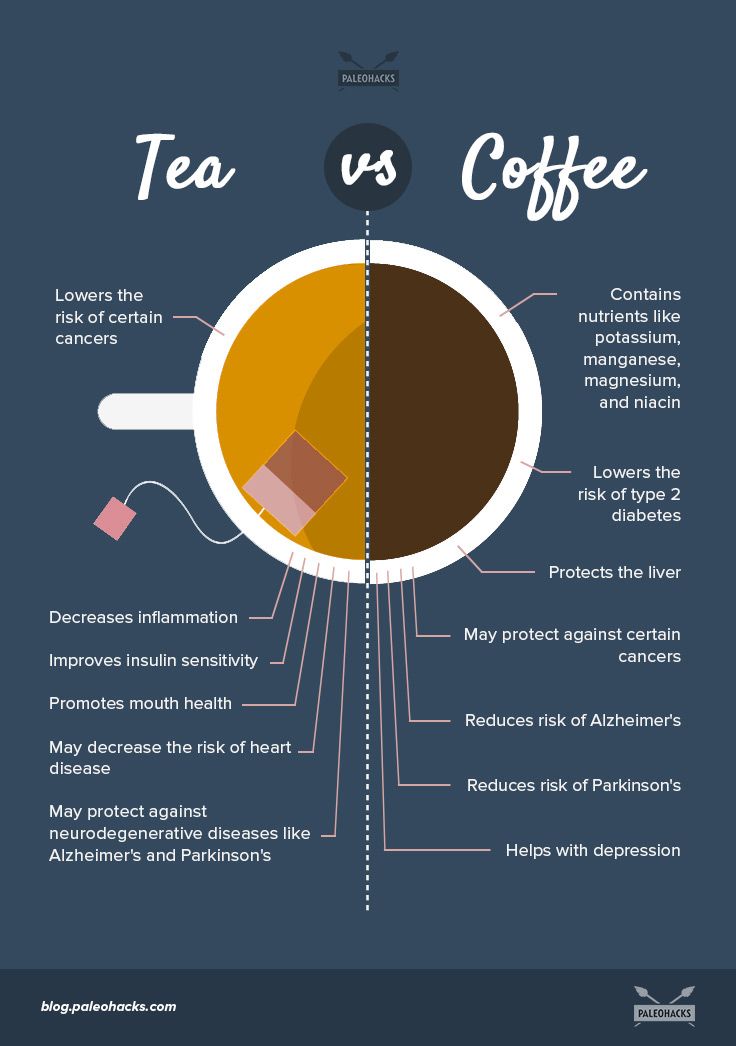


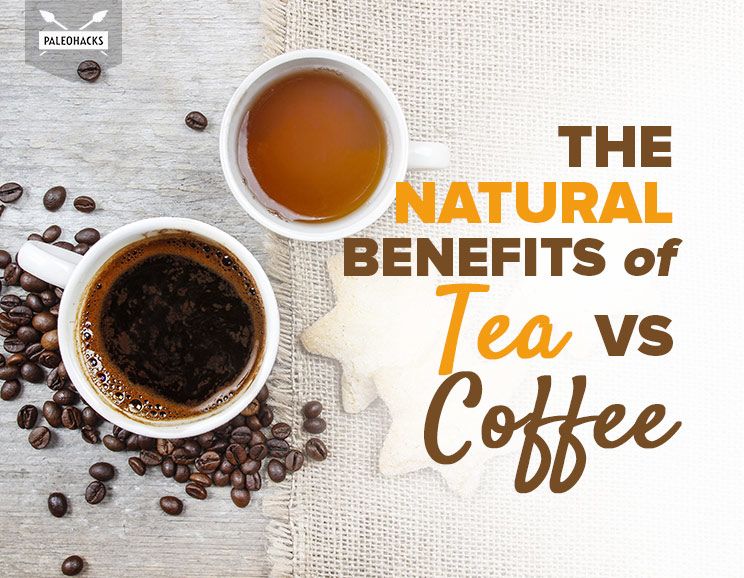
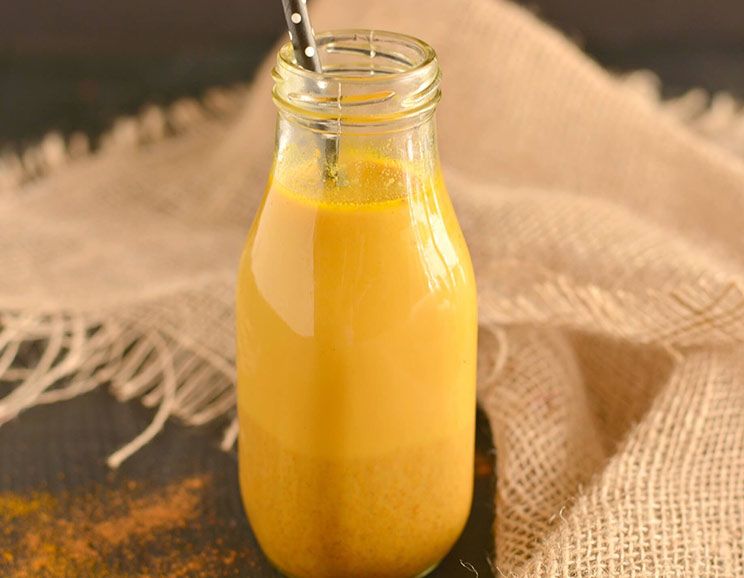 Golden Turmeric Latte
Golden Turmeric Latte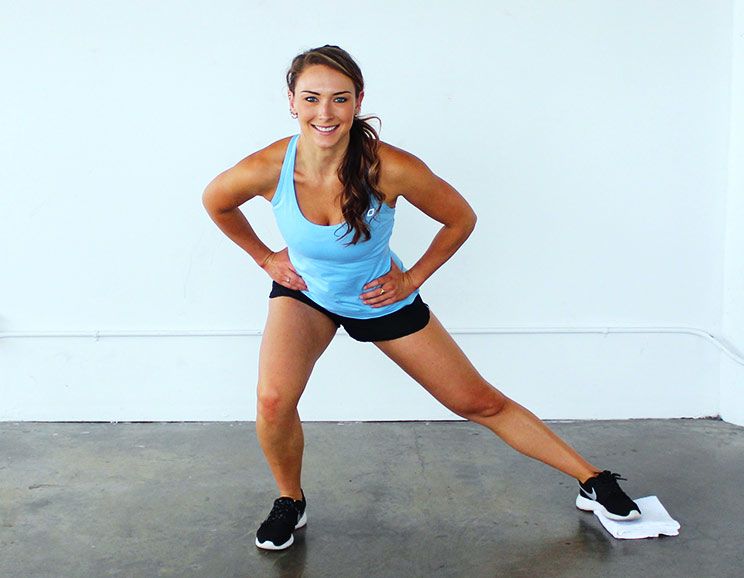

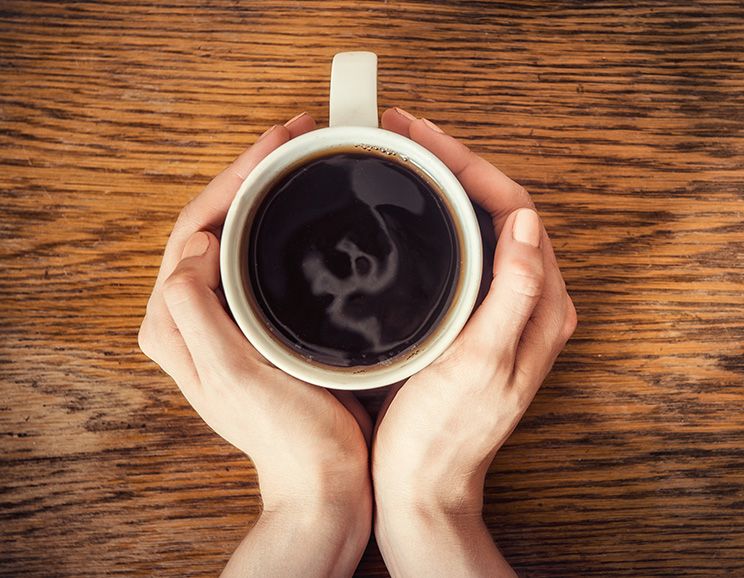
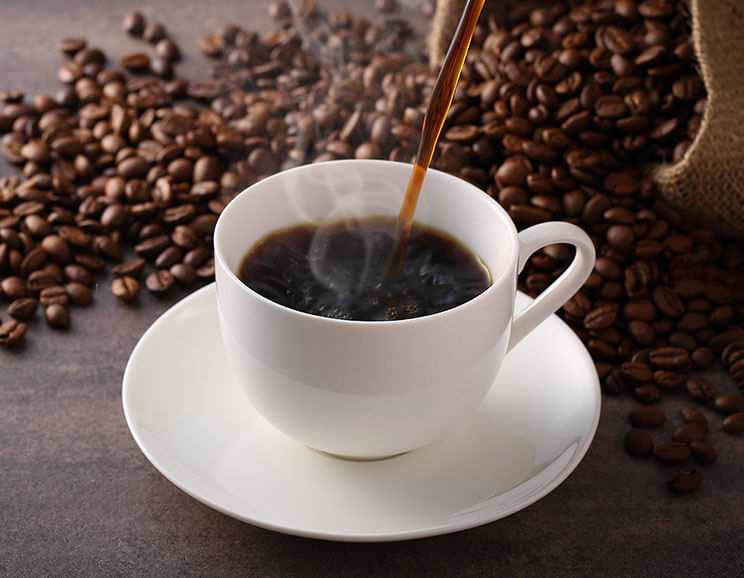

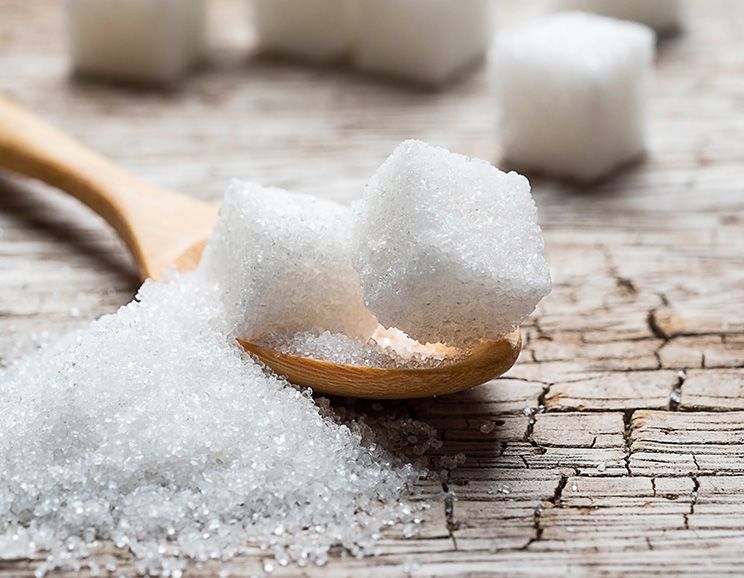
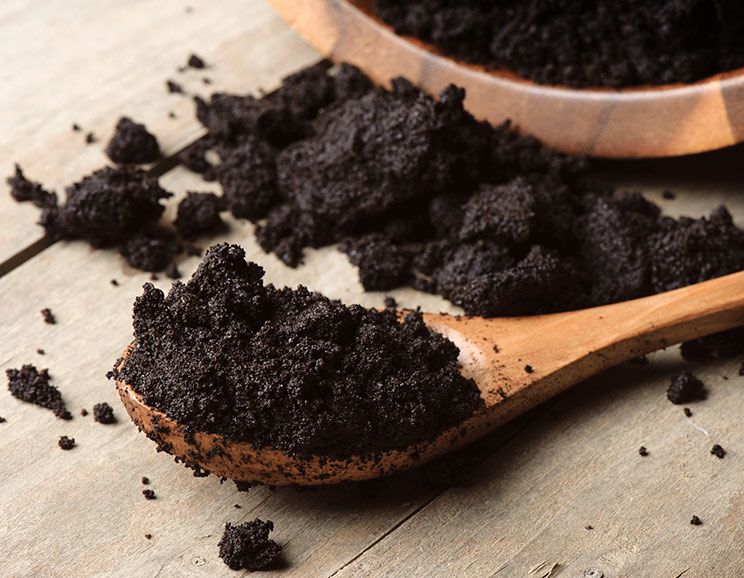
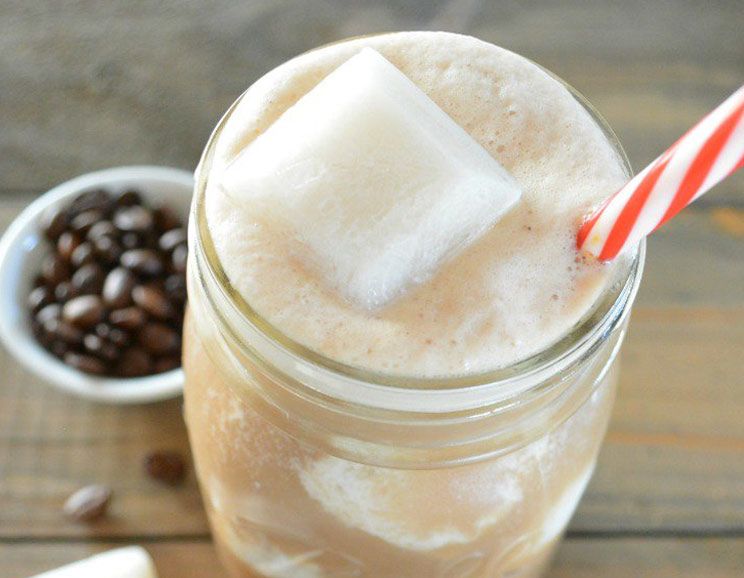
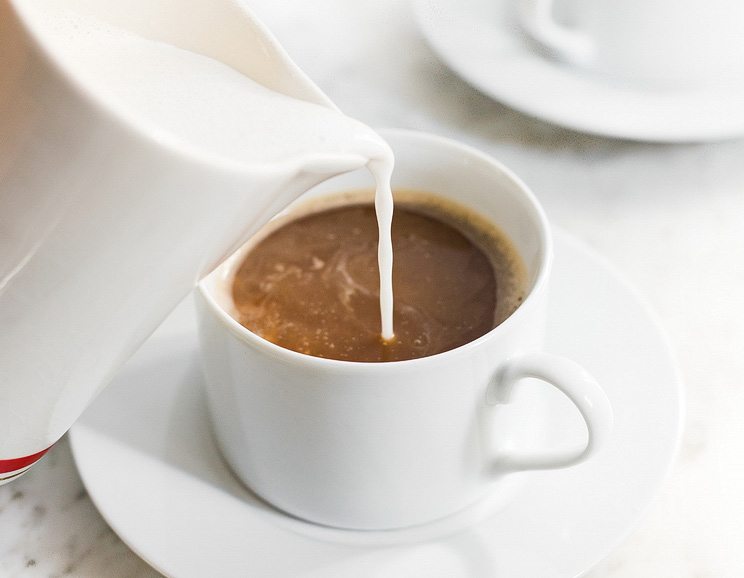
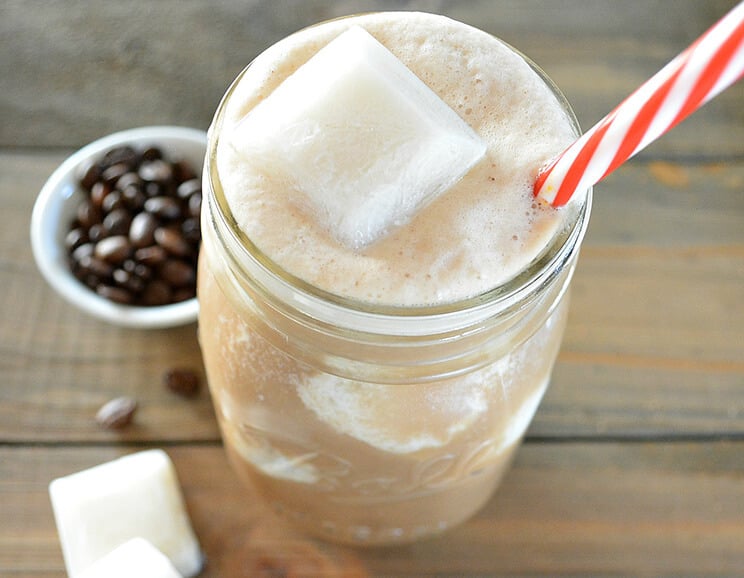
Show Comments